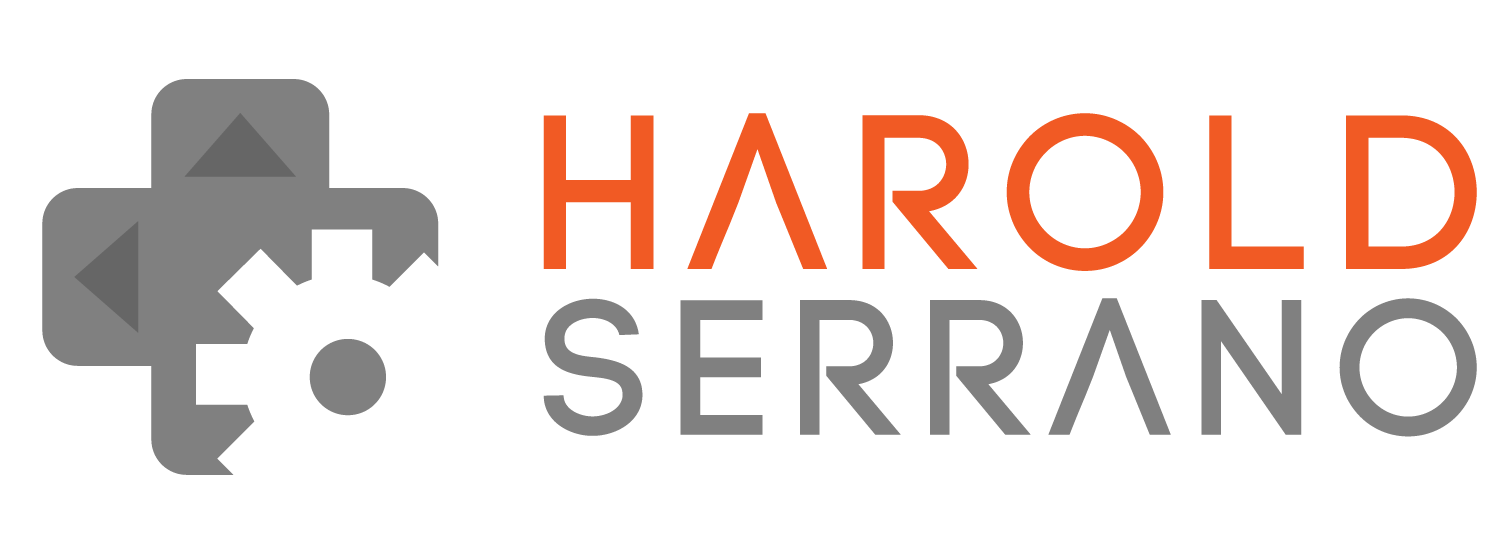In 2013, I decided to develop a Game Engine from scratch. Why did I decide to do so, I still do not know. However, what I do know, is that I wanted to do something beyond my intellectual abilities.
When I started, I knew nothing about game engines, OpenGL, Computer Graphics. My C++ skills were limited, and I remember having problems grasping Linear Algebra during college.
Developing a Game Engine demanded that I wake up earlier than most people (5:00 am), so I could squeeze in about two hours of coding before heading to work. It forced me to code until the late hours of the night (approx 7:00 pm-1:00 am). And it made me say goodbye to my weekends. Weekends that I spent coding in my room or at Starbucks instead of enjoying life.
Then on July 21, 2016, around 2:00 am, I did it!!! I finally finished the basic framework of the game engine. It took three years, about 1,095 days, approximately 15,330 hours of work.
Throughout this journey, my math, coding, and engineering skills improved tenfold. However, it would be worth little if I didn't share what I've learned with you. Thus, I decided to share all my knowledge on this blog. As of today, I have written over 175 articles on this blog.
I have decided to compile my best articles into an ebook. In this ebook, Components of a Game Engine I share all that I know about game engine development. I talk about computer graphics concepts, such as the rendering pipeline, shaders, lighting. I also share concepts on computational geometry and its use in collision detection. Furthermore, I explain several algorithms used in game engines.
Components of a Game Engine will not make you a guru on game engines. But it will give you a solid understanding of the mechanics and elements of a game engine. The materials in the ebook are freely available on my site. However, if you want to have all these articles in an organized manner, I recommend you to get a copy of the ebook.
I would appreciate if you support this site by buying my new ebook Components of a Game Engine.
Thanks




